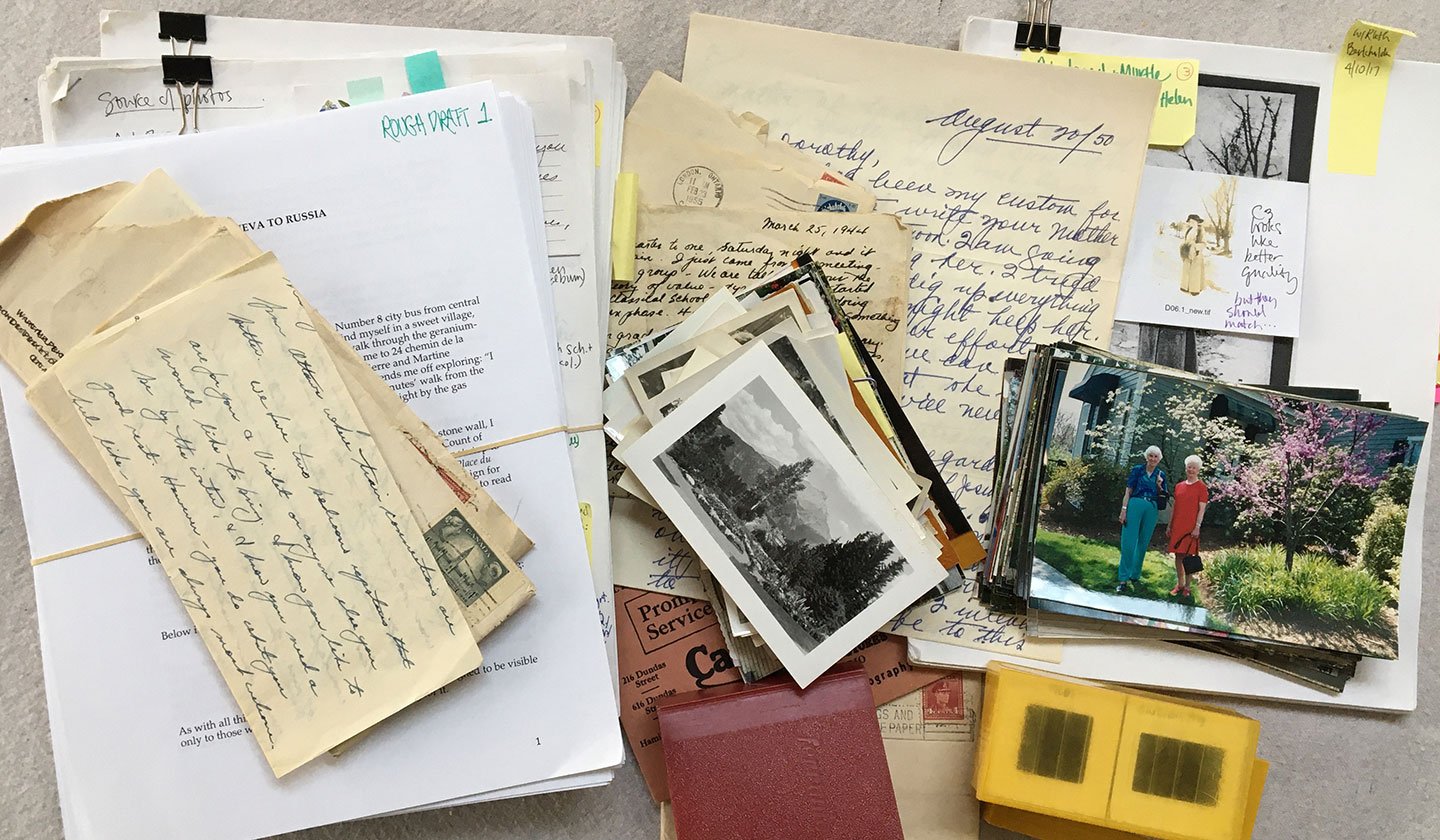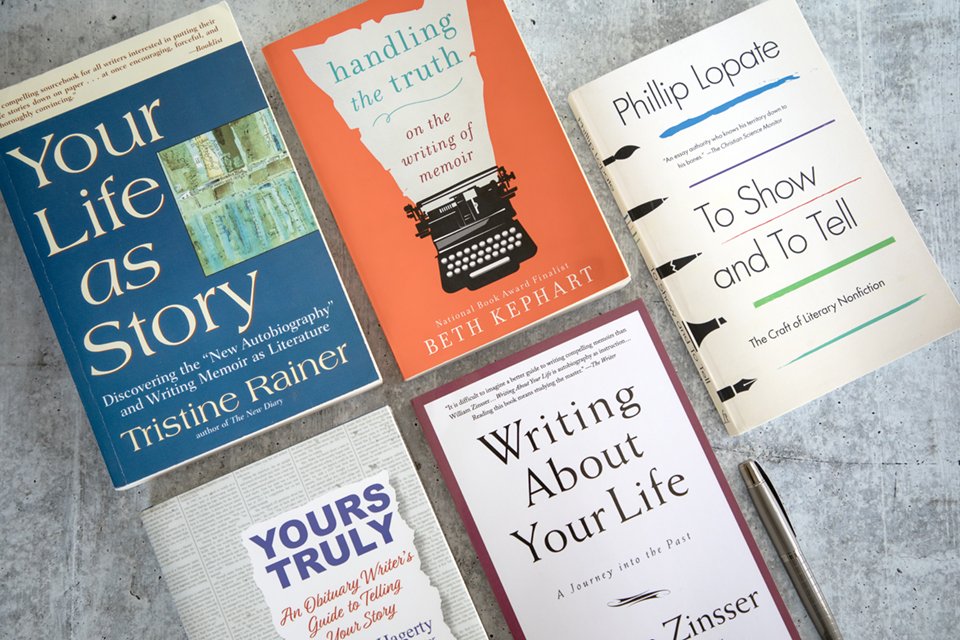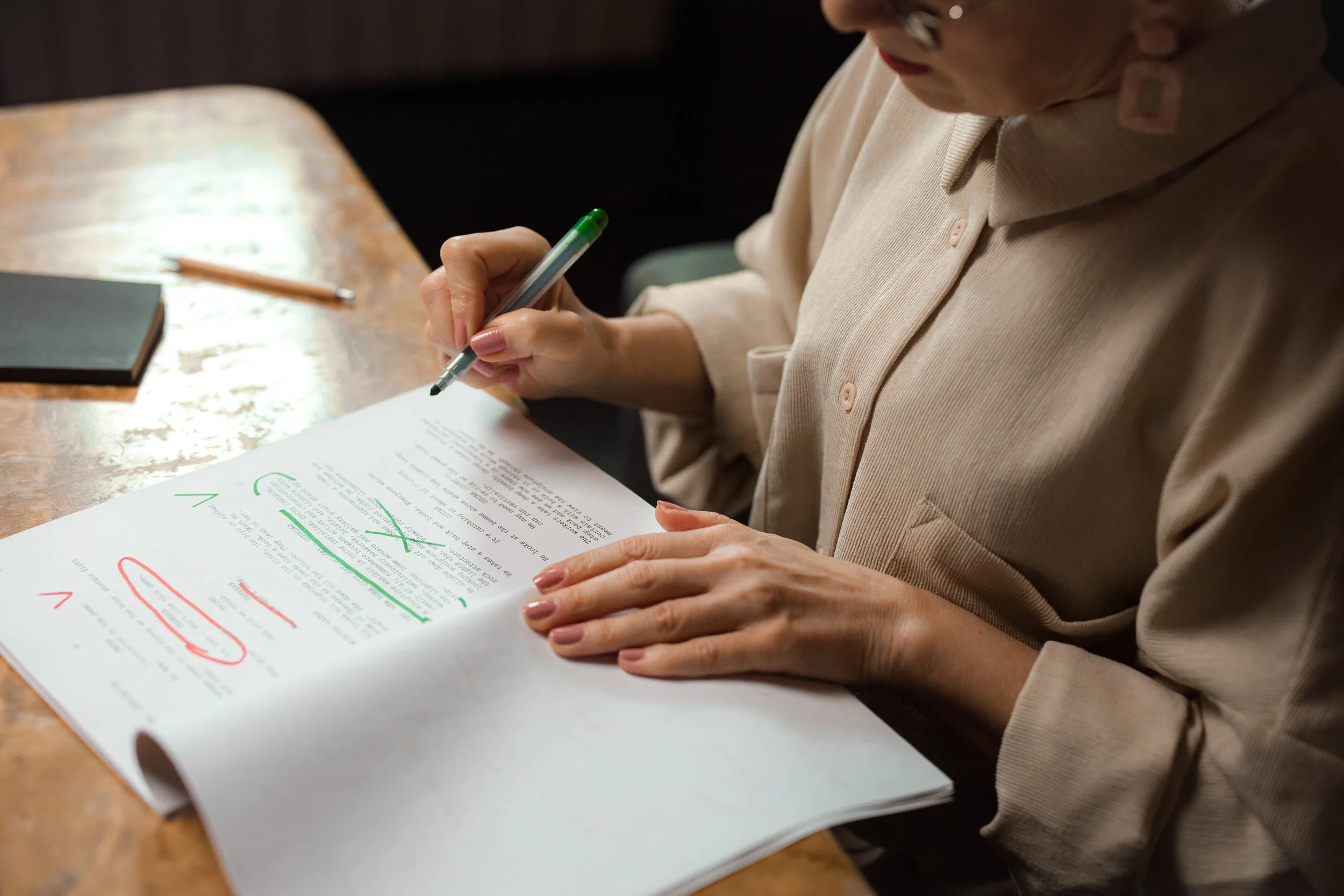Dear Reader,
Do you have boxes of old letters saved in your attic? Have you ever wondered why you are saving them and what you will do with them?
I am here to say that those letters are treasure troves for you to use in your memoir projects. And here are just a few ways they could inspire you and add richness to your stories.
Letters can serve as prompts for your writing.
Randomly pull a letter out from your past and see what memories it triggers. One memory can lead to another and take you through a chain of events that were pivotal in who you became. For example, you might pull out a letter from your mother, sent to you when you were spending a year abroad. You might remember this note came when you were feeling homesick and thinking of calling it quits. Instead, you hung in there and ended up making lifelong connections and learning another language, which helped your career years later.
Letters can help you fact-check your memories.
If you can’t remember the details of a specific time period that you want to write about, you can look back at letters for confirmation, or correct facts you had misremembered. Was it in fifth grade or sixth grade when grandpa came to live with you?
Letters provide a way to include stories from people who have passed.
Perhaps you wish you had interviewed your late grandparent, or a childhood friend you no longer keep up with. Finding letters they wrote to you can bring them back to you and help enrich your stories with other perspectives. Keep in mind ethical concerns, such as changing their personal information if they are still alive or if the words you include could impact someone still living.
Letters can provide textured imagery.
Handwritten letters are beautiful. You can mix images of important letters with photos in your memoir book. Even if they are hard to read, they can lend a personal touch, and make your past feel more tangible. You can transcribe them or pull out important quotes to include in the captions. Your readers will love looking at them and finding their own meaning in the words.
You can use letter-writing as a storytelling device.
Rather than using letters you have, you could write a series of letters to someone from your past, or to a person in the future. What would you like them to know about you now? How could your stories be helpful to them? It could help start your memoir or get you out of writer's block.
Letters can spur your creativity in countless ways.
You can respond to people from the past with your own present thoughts. You can imagine responses from people that are no longer alive. I wrote an entire novel based on letters that I imagined my maternal grandmother wrote to one of her daughters that she abandoned as a baby. I never got to meet my grandmother or my aunt, but based on stories I’d heard about them, I created an imaginary correspondence that helped me connect with this part of my family history in new and profound ways.
There is something about written correspondence that feels uniquely personal. It’s a goldmine of content just waiting for you to tap into. So dig in and see where it leads you!
Yours truly,
Anna
PS: Don’t limit yourself just to old letters. Emails, texts, and social media posts can also be fodder for creativity. A graphic designer friend of mine created a beautiful book about his relationship with his wife. This touching love story was told entirely by text messages they sent to each other leading up to the birth of their son. The contemporary style of communication also helped give context to their lives in that era.
Anna Brady Marcus is a writer and media maker who helps others tell their personal and professional stories via her Beacon, NY–based company, Anchor Your Legacy LLC.













